Resources
As the number of people of South Asian heritage in America has greatly increased over recent decades, the study and teaching of Hinduism has come under ever greater scrutiny. During this time, the number of students of Indian background has vastly increased in some schools in some parts of the United States. This increased presence and scrutiny has had some salutary effects, including greater attention to and accountability in our field, but has also led to some unwelcome conflict and feelings of misrepresentation by both academics and adherents. Some of us are in the perplexing position of being keenly aware of and in conversation about tensions elsewhere, yet still having few (or no) Hindu students in our own classrooms. This essay will discuss two matters given this background: first, I will describe how I present Hindu religious traditions in my local context, and then I will offer some more general reflections on teaching and researching Hinduism in the United States today.
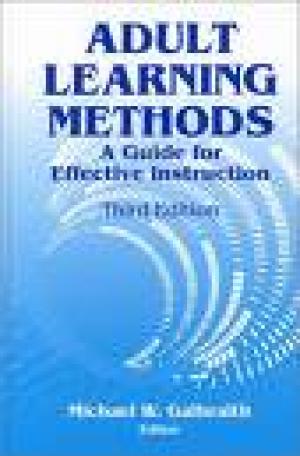
Twenty-seven American academics and educational consultants contribute 22 chapters providing practitioners with an overview of adult learning, and practical information regarding methods and techniques for use in a range of educational settings. The third edition is oriented toward a more formal instructional environment than were previous editions. Some chapters from the second (1998) edition have been deleted, the remaining have been revised, and six new chapters added on designing instruction, understanding and using learning styles, motivation, interactive television, course portfolio, and creating learning communities. (From the Publisher)
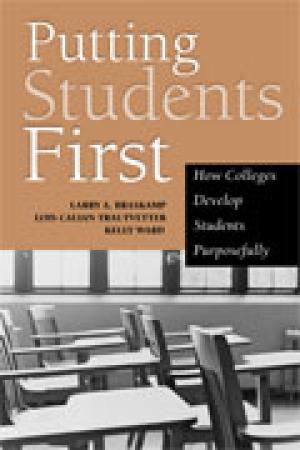
Society is calling for higher education to take more responsibility for helping students find purpose and meaning in life. In this book, the authors argue that colleges should purposefully invest in students in ways that will foster their holistic development by recognizing and building on students' purpose in life, intellectually, spiritually, and morally. By using the "4C framework"— culture, curriculum, cocurriculum, and community— faculty, student affairs staff, and academic administrators will be able to discuss, plan, and create a college environment that effectively supports the learning and development of students. The book contains a set of themes and calls for consideration and action based on the findings of site visits at 10 colleges and a set of questions to help readers think about and plan how to develop students holistically on their own campuses. (From the Publisher)
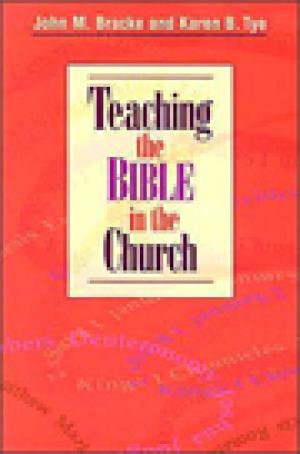
John Bracke and Karen Tye, a biblical scholar and a religious educator, have come together to offer a vital new work of practical insight into the task of teaching the Bible in the church. Intended for pastors, church educators, lay teachers, and those in seminary, this book provides a blueprint for effective teaching that lead beyond just conveying information to opening oneself and the learner to transformation through the text. It is teaching the Bible in its most faithful form, as an invitation to fully encounter the scriptures and the God who empowers transformation. (From the Publisher)
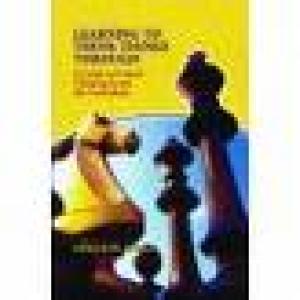
This short, inexpensive guide is designed to help readers learn to think critically about any subject-matter. A combination of instruction and exercises shows how to use critical thinking to more fully to appreciate what they read, to see the connections of what they read to their day-to-day lives, and to become active readers rather than passive recipients of information. Using a fresh, lively approach, this book covers the definition of critical thinking; critical thinking within fields of study such as philosophy, biology, and sociology; the elements of reasoning; standards of critical thinking; and thinking through important critical-thinking questions. An excellent guide for those who want to improve their learning skills. (From the Publisher)

Aging Education provides educators in aging studies with a unique text that responds to the paucity of instructional strategies and teaching materials. By developing and explaining a multidisciplinary approach to working with older adults in areas related to health, education, ethics, law, cultural competency for a multicultural population, translating social policy into practice, spirituality, and human services, the editors provide an imaginative and thought-provoking unmet need for gerontology educators by providing them with teaching and practice strategies in aging education. (From the Publisher)
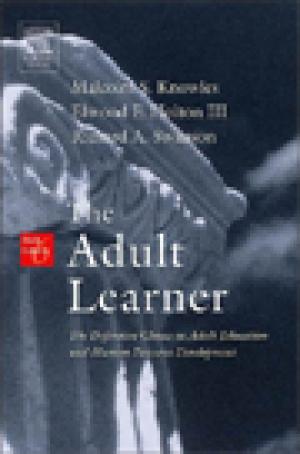
This much acclaimed text has been fully updated to incorporate the latest advances in the field. As leading authorities on adult education and training, Elwood Holton and Dick Swanson have revised this edition building on the work of the late Malcolm Knolwes. Keeping to the practical format of the last edition, this book is divided into three parts. The first part contains the classic chapters that describe the roots and principles of andragogy, including a new chapter, which presents Knowles' program planning model. The second part focuses on the advancements in adult learning with each chapter fully revised updated, incorporating a major expansion of Androgogy in Practice. The last part of the book will contain an updated selection of topical readings that advance the theory and will include the HRD style inventory developed by Dr. Knowles. This new edition is essential reading for adult learning practitioners and students and HRD professionals. It provides a theoretical framework for understanding the adult learning issues both in the teaching and workplace environments. * Definitive classic, 5th edition sold over 20,000 copies. * Essential reading for a wide audience of practitioners and students in the field of adult learning and human resource development. * Incorporates Knowles'classic theories on adult learning alongside the latest advances in the field. (From the Publisher)
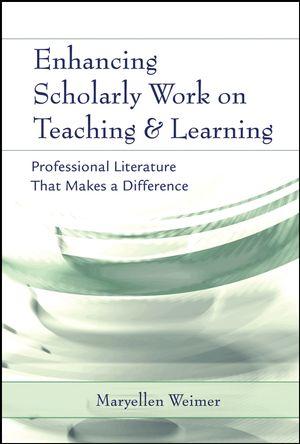
Mapping the Territory of Teaching offers a review of the most current and important writings on the topic of scholarship of teaching and learning in higher education. One of the foremost experts in the field, Editor Maryellen Weimer is uniquely qualified to bring this information together. (From the Publisher)
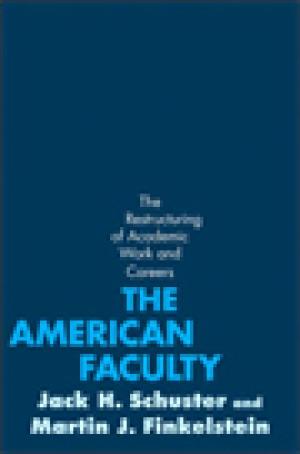
Higher education is becoming destabilized in the face of extraordinarily rapid change. The composition of the academy's most valuable asset—the faculty—and the essential nature of faculty work are being transformed. Jack H. Schuster and Martin J. Finkelstein describe the transformation of the American faculty in the most extensive and ambitious analysis of the American academic profession undertaken in a generation. A century ago the American research university emerged as a new organizational form animated by the professionalized, discipline-based scholar. The research university model persisted through two world wars and greatly varying economic conditions. In recent years, however, a new order has surfaced, organized around a globalized, knowledge-based economy, powerful privatization and market forces, and stunning new information technologies. These developments have transformed the higher education enterprise in ways barely imaginable in generations past. At the heart of that transformation, but largely invisible, has been a restructuring of academic appointments, academic work, and academic careers—a reconfiguring widely decried but heretofore inadequately described. This volume depicts the scope and depth of the transformation, combing empirical data drawn from three decades of national higher education surveys. The authors' portrait, at once startling and disturbing, provides the context for interpreting these developments as part of a larger structural evolution of the national higher education system. They outline the stakes for the nation and the challenging work to be done. (From the Publisher)

"Soul Searching tells the definitive story of the religious and spiritual lives of contemporary American teenagers. It reports the findings of the National Study of Youth and Religion, the largest and most detailed study of teenagers and religion ever undertaken. Based on a nationwide telephone survey of teens and their parents, as well as in-depth face-to-face interviews with more than 250 of the survey respondents, Soul Searching shows that religion is indeed a significant factor in the lives of many American teenagers. Chock-full of carefully interpreted interview data and solid survey statistics, Soul Searching reveals many surprising findings." Combining a national overview with an insider's view of teenage religious and nonreligious perspectives, Soul Searching provides not only an unprecedented understanding of adolescent religion and spirituality but also, because teenagers may be bellwethers for future trends, an important window through which to observe and assess the future of American religion. (From the Publisher)